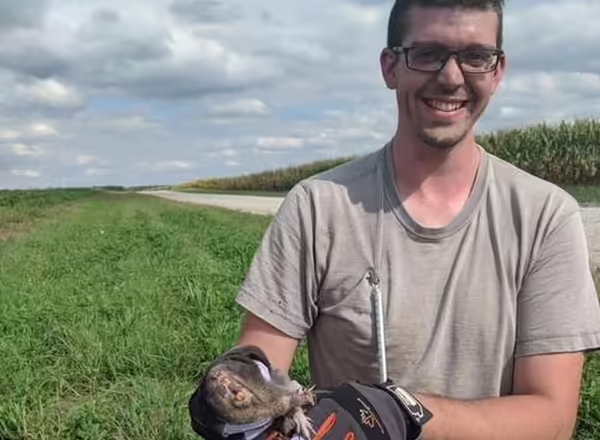
URBANA, Ill. – People from marginalized gender and sexual identities can have safer experiences participating in ecological field research when leaders incorporate better field safety protocols and advocate for systemic changes, according to a new paper authored by scientists from Earlham College, the University of Illinois Urbana-Champaign, and other institutions.
The paper, published in the Journal of Applied Ecology, offers best practices for LGBTQ+ inclusion based on evidence-based strategies currently in use by the authors. The paper also underscores the role of systematic inclusion in attracting and retaining a qualified, richly diverse workforce.
“Institutions of higher education and mentors want to make progress on LGBTQ+ inclusion but they often don’t know where to start,” says Jaime Coon, assistant professor of biology and environmental sustainability at Earlham and a lead author on the paper. “Our aim was to create actionable recommendations based on stories from an author team with diverse experiences and identities.”
Coon completed her doctoral program in the Department of Natural Resources and Environmental Sciences, part of the College of Agricultural, Consumer and Environmental Sciences at UIUC.
The authors draw on their own stories of marginalization to reveal a greater risk of harassment, discrimination, and violence for LGBTQ+ people, especially in rural or remote fieldwork situations.
Marginalized gender and sexual identities also face social, physical, and emotional barriers to safety and inclusion in the context of fieldwork. Assigning individuals to gendered bunkhouses or excluding LGBTQ+ individuals from shared housing are just a few examples.
